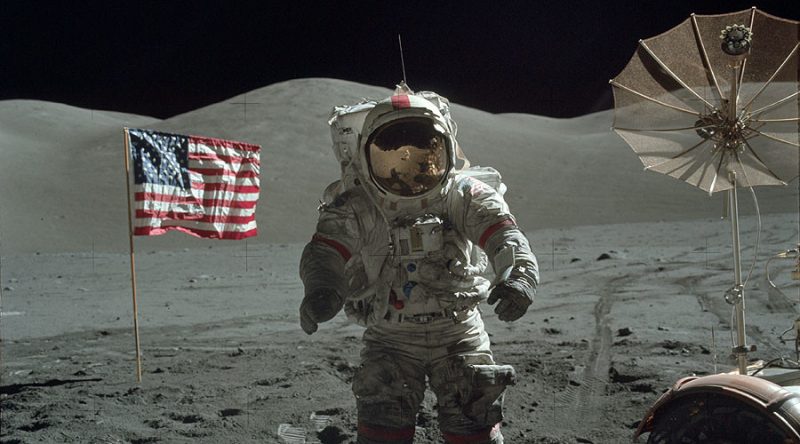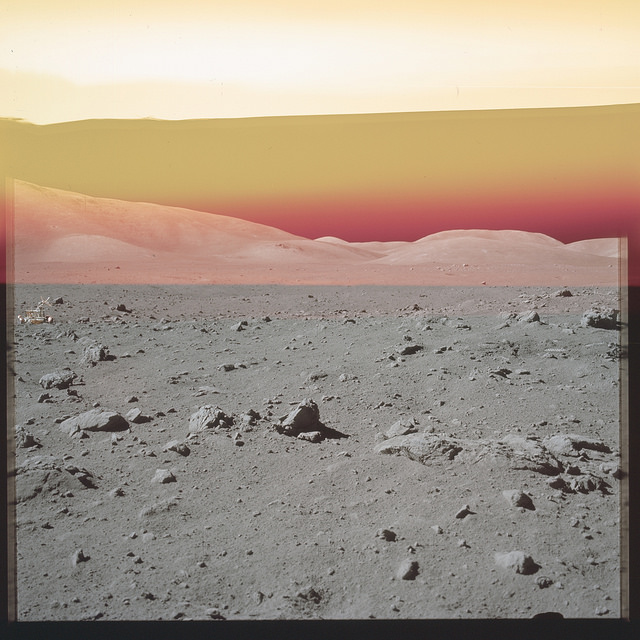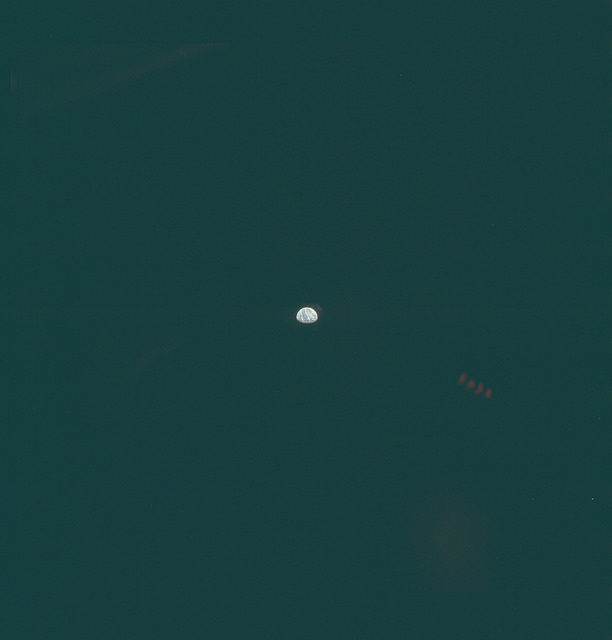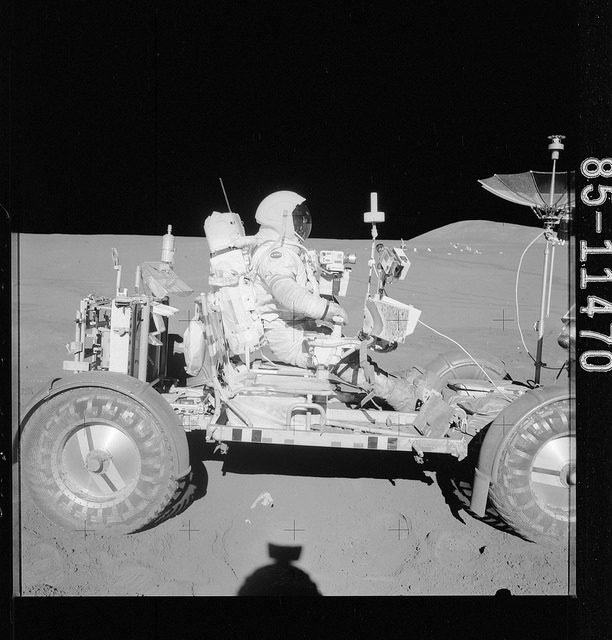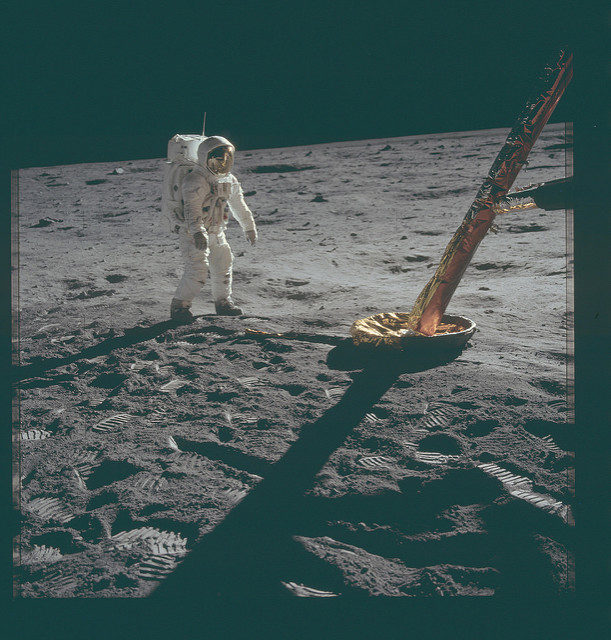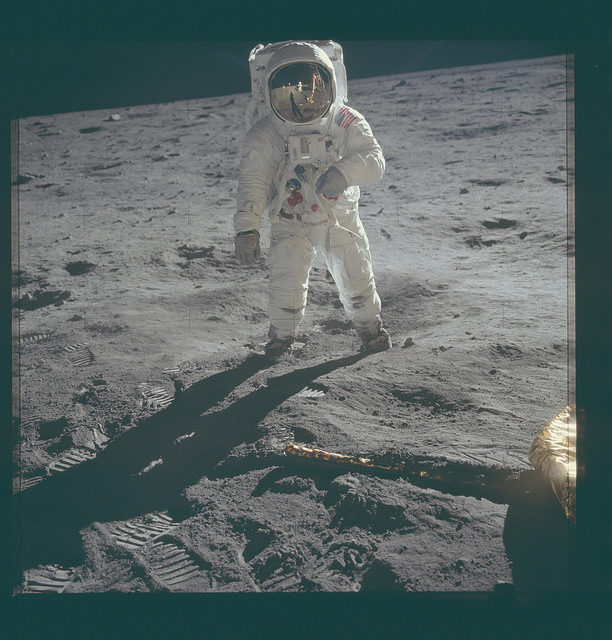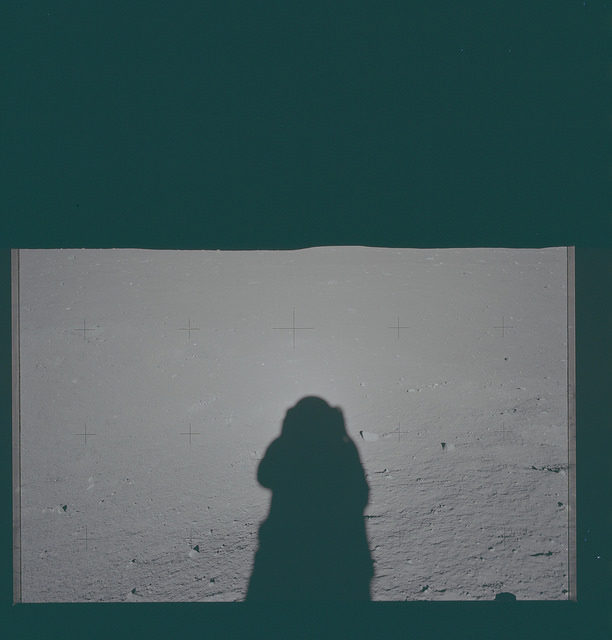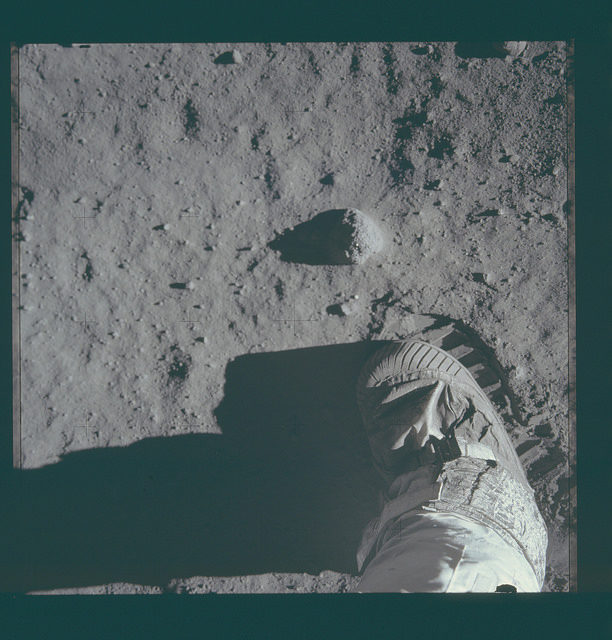Back in the time when the United States and the USSR were involved in a space race, US President Dwight D. Eisenhower started a space program, to remain competitive and ahead of the Russians.
The program was named Apollo and was ran by the National Aeronautics and Space Administration (NASA). Later, President Eisenhower’s successor, John F. Kennedy, has given the project its real purpose: achieving the national goal of landing on the Moon. The program had 12 missions in the period from 1969 to 1972. Of those, six managed to reach their goal and land on the Moon.
The first project, Apollo 1, never left the surface of the Earth, due to malfunction. The next two missions, Apollo 8 and Apollo 10, went orbiting around the Moon and safely returned home, but these projects never landed on the Moon’s surface. The fourth mission, Apollo 11, was the first real success.
On 20th July 1969, NASA astronauts, Neil Armstrong and Bull Aldrin, walked the surface of the Moon. The two spent two and a half hours on the Moon, taking photos, collecting rocks and planting the US flag. The third member of Apollo 11, Michael Collins, remained in a lunar orbit, waiting for Armstrong and Aldrin to return. After this historic victory of NASA and the United States, five more missions successfully landed on the Moon, but none of them achieved the fame and significance of Apollo 11.
American flag on the Moon
Neil Armstrong photographs the Moon
There are many proofs of the success of Apollo 11. A video of Neil Armstrong’s first steps on the Moon was recorded, and many photos were taken, including the one where Buzz Aldrin is planting the US flag on the rocky surface.
At the same time, the most historic phone call of all times happened. US President Richard Nixon called the astronauts on the Moon and had a short conversation with them. The astronauts remained on the surface for 2,5 hours, planting a scientific experiment package and collecting soil examples.
They had to return to the spacecraft after Armstrong had received a notification of his rising metabolic rates by the command in Houston. After spending 21 hours on the Moon, of which two and a half on the surface, Neil Armstrong, and Buzz Aldrin ascended the Moon surface and returned home on 24th July 1969. After their return, a series of parades were organized to honor and celebrate their success, and the astronauts were awarded the highest medals of honor issued by the US government.
Neil Armstrong put his left foot on the rocky Moon
Although there is a lot of evidence of the Moon landing, a group of people decided not to believe in this story and began spreading conspiracy theories. Some claim that the landing was fake and that the NASA astronauts have never actually walked the Moon.
One of the most interesting theories is that the landing was made in Hollywood, sponsored by Walt Disney and directed by Stanley Kubrick from a script written by Arthur C. Clarke. This claim came from the Flat Earth Society organization in 1980.
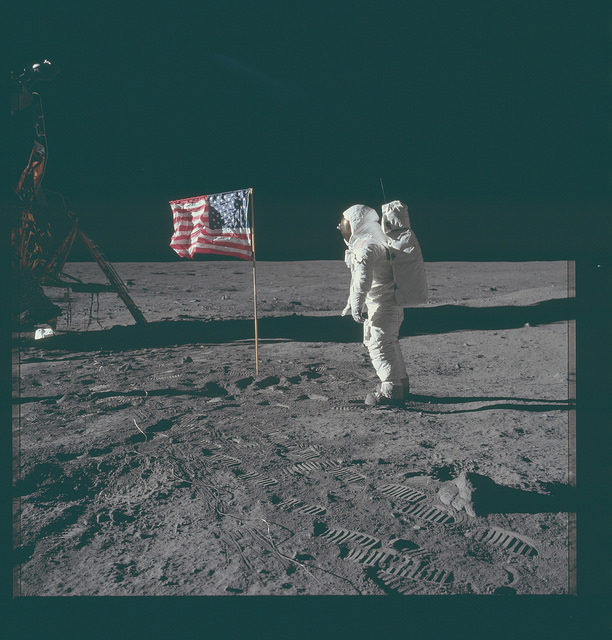
First Moon Landing
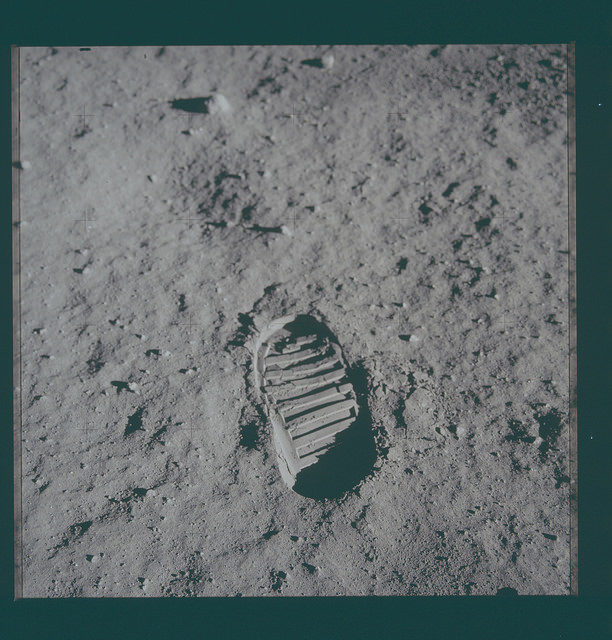
First human footprint on the Moon
NASA has tolerated these conspiracy theories for over 40 years. Even though the missions on the Moon in 2012 showed footage of the tracks of the first astronauts and photos of the flags planted in the early missions, conspiracy theories still exist.
In 2016, NASA has finally decided to fight back. More than 10.000 photos of the first Moon landing were made public, as NASA uploaded almost every image of the Apollo missions on their Flickr account. The photos are sorted by the roll of film they were on and have the resolution of 1800 dpi. By this, NASA proved the landings to be true, honoring the heroes who risked their lives for humanity and science.

